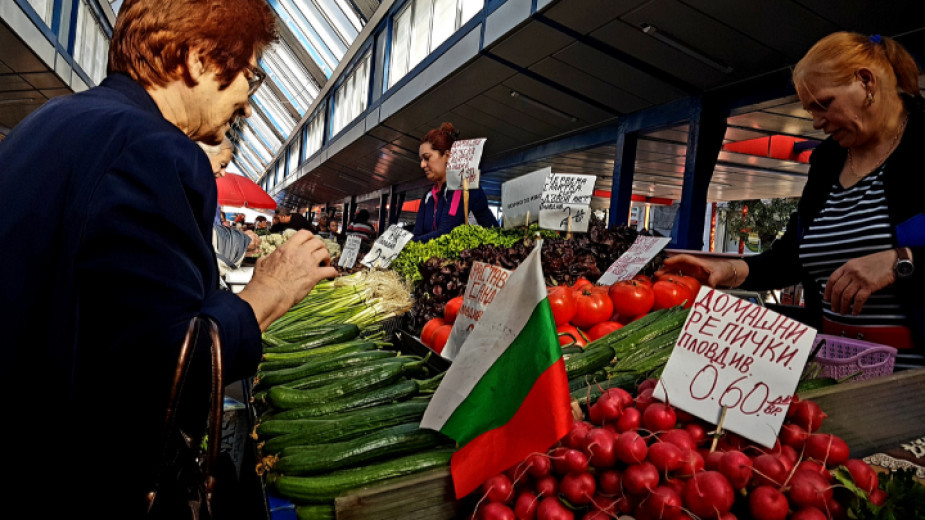Bulgaria is famous for the delicious fruits and vegetables that its land produces. Traditions in Bulgarian horticulture have paved the basis for this sector in a number of other European countries. However, it turns out that nowadays fruit and vegetable production has been constantly shrinking and is no longer able to meet the needs of the Bulgarian consumer.
Despite the European subsidies, fruit and vegetable production in this country continues to be noncompetitive and unable to meet the needs of the country, a comparative analysis of the non-governmental organization "InteliAgro" shows. Their study aims to assess how policies implemented in the sector affect the domestic market of Bulgarian products.

Data in the analysis show that Bulgaria holds one of the first places in terms of the amount of subsidies for the Fruit and Vegetable sector, but it still remains vulnerable. With an average rate of 251 euros per decare in the EU, Bulgarian horticulturists received twice as much - 541 euros.
Fruit and vegetable production in Bulgaria fails to satisfy the domestic demand when it comes to 16 out of 19 studied crops.
When it comes to some crops, such as peppers, cabbage, peaches and apples, there has been no increase in production at all between the last two European programming periods. Experts find this puzzling given the fact that in the first period, which coincides with the accession of Bulgaria to the EU (2007-2011), coupled support was not offered. In the period 2014-2020, about EUR 40 million per year have been allocated to the Fruit and Vegetable sector, as this is production-related support.

Experts recommend that in the future subsidies should be linked to proven production efficiency. Public funds should not be used to support plantations located in unsuitable areas, while investments in irrigation and hail protection in endangered areas should be obligatory when it comes to support with European funds.
Editor: E. Karkalanova /based on materials by BNR- „Horizont“ and InteliAgro/
English: Alexander Markov
In the second quarter of the year, the average salary increased by 12% year over year, reaching €1,315.04. Borislav Gutsanov, the Minister of Labor and Social Policy, announced this information after today's meeting of the National Council for..
As of August 8, 2025, the mandatory indication of prices for all goods and services in Bulgaria in two currencies – in Bulgarian leva and in euros – has been in effect. This obligation will remain valid for traders for a period of one year – until..
As of January 1, 2026, the minimum monthly wage should be 1,213 BGN (EUR 620.2), up from the current 1,077 BGN (EUR 550.66), said Luboslav Kostov, Chief Economist at the Confederation of Independent Trade Unions in Bulgaria (CITUB), in an interview..

+359 2 9336 661
